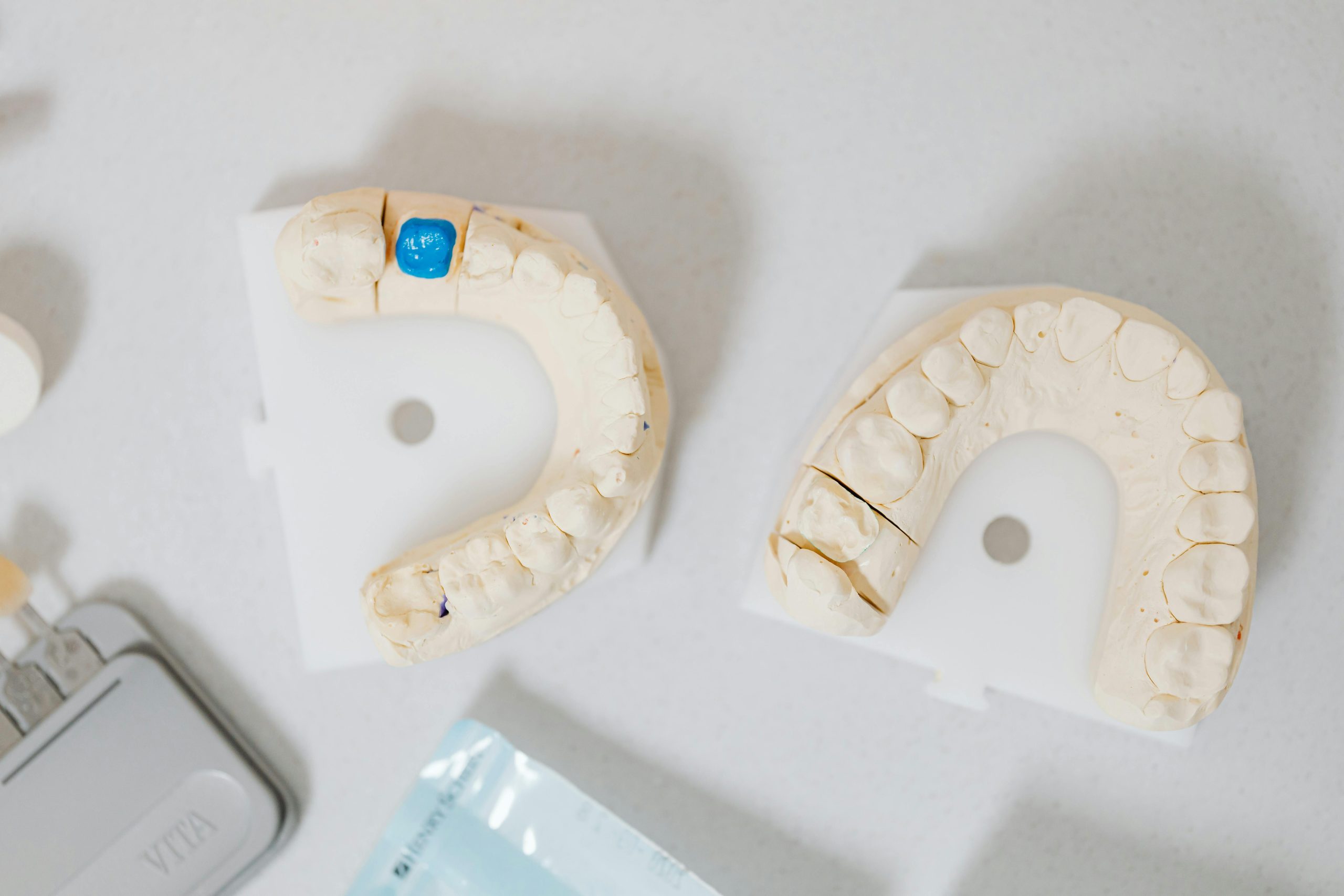Why You Might Need a Gum Specialist in Dubai: Warning Signs and Advanced Treatment Options
Gum Recession
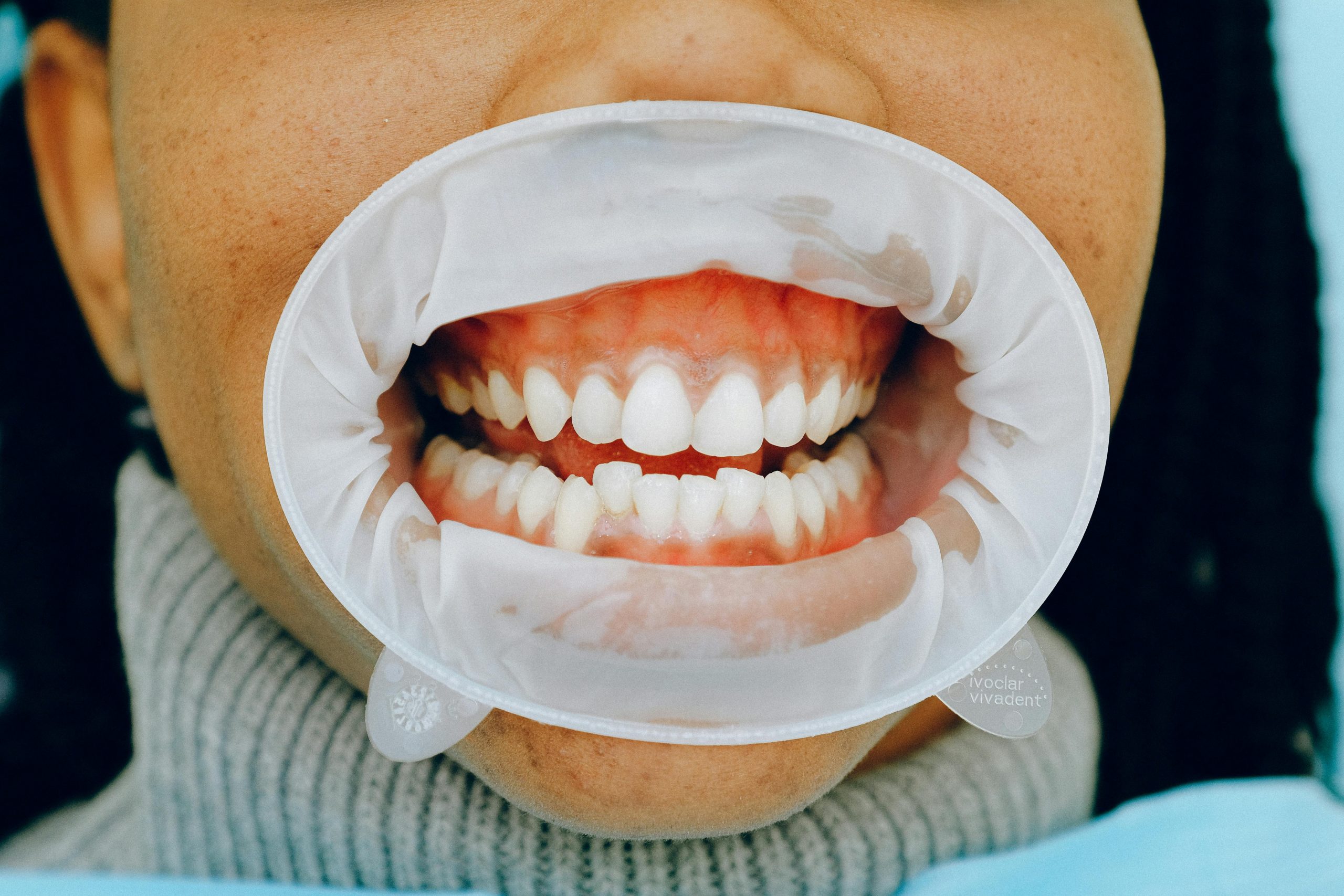
Table of Contents
Why You Should See a Gum Specialist (Periodontist) in Dubai?
Warning Signs You Should See a Gum Specialist in Dubai
Stages of Gum Disease and Why Early Treatment Matters
What Happens During a Visit to a Gum Specialist in Dubai?
Non-Surgical Gum Disease Treatment in Dubai
Advanced Surgical Treatments by Periodontists in Dubai
Gum health is just as important as keeping your teeth free from cavities or properly aligned, but it often doesn’t get the attention it deserves. Many gum problems start without any pain or obvious signs, which means people may not notice them until the condition becomes more serious. Taking care of your gums is essential for keeping your mouth healthy and avoiding long-term dental issues.
If you notice signs like bleeding gums, persistent bad breath, or gum sensitivity, it could be time to consult a gum specialist in Dubai. A gum specialist, referred to as a periodontist, is a dental professional focuses specifically on diagnosing and treating conditions that affect the gums, bone, and supporting structures of the teeth. Many dental clinics in Dubai now use advanced and minimally invasive techniques to diagnose and treat gum disease safely and effectively, helping patients maintain better long-term oral health.
Why You Should See a Gum Specialist (Periodontist) in Dubai?
A periodontist in Dubai is a dental specialist who treats conditions affecting the gums, jawbone, and other supporting structures of the teeth. While general dentists focus on regular dental care, like cleanings, fillings, and preventive check-ups, periodontists manage more complex gum-related issues such as gum disease, gum recession, bone loss around teeth, and the placement of dental implants.
Common conditions they treat include:
- Gingivitis: Early-stage gum inflammation due to plaque buildup
- Periodontitis: A serious gum infection that damages the soft tissue and can lead to bone loss if untreated.
- Gum Recession: When gum tissue pulls away from the teeth, often exposing the tooth roots and increasing sensitivity.
- Bone Loss: Often related to advanced periodontal disease
- Dental Implants: Placement and preparation involving bone or soft tissue
Their expertise is especially crucial when gum issues extend beyond basic cleanings and require deeper interventions.
Warning Signs You Should See a Gum Specialist in Dubai
It’s important to recognize early symptoms that might require professional periodontal care. Common signs include:
- Persistent bad breath (halitosis)
- Bleeding gums during brushing or flossing
- Swollen, red, or tender gums
- Gum recession, exposing more of the tooth
- Loose teeth or shifting bite patterns
- Pain or discomfort while chewing
- Pus between the gums and teeth
- A family history of gum disease
Many of these symptoms develop gradually. They can progress to advanced disease without intervention, making early diagnosis essential.
Stages of Gum Disease and Why Early Treatment Matters
Gum disease develops in stages, each requiring different levels of care:
Gingivitis
This is the earliest and mildest form of gum disease. It’s characterized by inflammation and bleeding, but no permanent damage. With proper hygiene and professional cleaning, it’s fully reversible.
Mild to Moderate Periodontitis
As gum disease progresses, the gums begin to pull away from the teeth, creating spaces called periodontal pockets. Bone loss may begin. Treatment involves deep cleaning and possibly antibiotics.
Advanced Periodontitis
Here, gum pockets deepen significantly, and substantial bone loss may lead to tooth mobility or loss. This stage may require surgical intervention without proper gum disease treatment in Dubai.
Untreated gum disease not only leads to oral complications but is also linked to systemic health conditions like diabetes, cardiovascular disease, and low birth weight.
What Happens During a Visit to a Gum Specialist in Dubai?
A visit to a gum specialist in Dubai typically begins with a comprehensive evaluation. Here’s what patients can expect:
- Review of medical and dental history
- Gum pocket depth measurement using a periodontal probe
- X-rays to assess bone loss and structural changes
- Diagnosis of the stage of gum disease
- Development of a customized treatment plan
The goal is to treat symptoms, address the root cause, and restore long-term gum health.
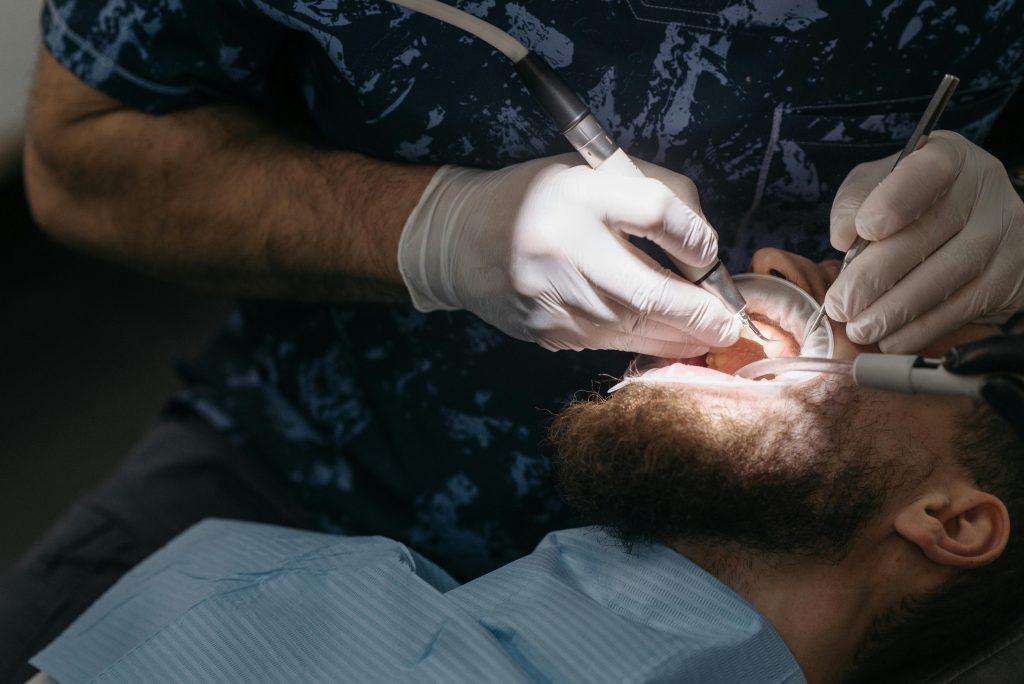
Non-Surgical Gum Disease Treatment in Dubai
In many cases, early to moderate gum disease can be managed without surgery. Common non-surgical options include:
Scaling and Root Planing (Deep Cleaning)
This procedure removes plaque and tartar from beneath the gumline and smooths the root surfaces, allowing the gums to reattach to the teeth.
Antibiotic Therapy
Topical gels or oral antibiotics may be prescribed to eliminate bacteria and reduce infection.
Laser Treatment
Some dental clinics provide laser-assisted periodontal therapy to reduce inflammation and bacteria. This less invasive method often has shorter recovery times.
Pro Tip: Patients undergoing initial treatment often need professional cleaning every 3–4 months to maintain progress.
Advanced Surgical Treatments by Periodontists in Dubai
Surgical procedures may be necessary when gum disease has advanced or tissue has been lost. Treatments provided by a periodontist in Dubai include:
Flap Surgery (Pocket Reduction)
Gums are lifted back to access and clean deep infection areas. Bone may also be reshaped.
Bone Grafts
Used to rebuild the jawbone destroyed by periodontitis. May involve natural or synthetic graft material.
Soft Tissue Grafts
Used to treat gum recession by covering exposed roots with tissue from the palate or another source.
Guided Tissue Regeneration
A membrane is placed between gum and bone to encourage regrowth in areas of loss.
Crown Lengthening
Removes excess gum tissue to expose more of the tooth, often before cosmetic procedures like veneers or crowns.
When performed by skilled professionals, these procedures can restore function and aesthetics while preventing further damage.
How to Prevent Gum Problems After Treatment
Post-treatment care is crucial to maintain results and prevent recurrence. Recommended practices include:
- To maintain gum health and control plaque buildup, use a soft-bristled toothbrush to brush your teeth twice a day.
- Floss at least once per day
- Use antimicrobial mouthwash if prescribed
- Schedule regular dental cleanings every 3–6 months
- Avoid smoking or tobacco products
- Limit sugar intake and maintain a balanced diet
Preventive habits significantly reduce re-infection risk and help maintain healthy gums over time.
Conclusion
Gum health is vital, and you should never overlook it. Ignoring early symptoms like bleeding gums or more serious issues like bone loss, consulting a gum specialist in Dubai ensures you receive expert care tailored to your condition.
Timely gum disease treatment in Dubai can prevent tooth loss, improve oral hygiene, and contribute to your overall health. Regular checkups and good habits remain your best defense against future problems.
Need expert gum care? Book your consultation with Dr. Paul’s Dental Clinic today and receive personalized treatment from a trusted gum specialist in Dubai.
Book an Appointment With Your Doctor NOW!
Ready for a brighter smile? Schedule your appointment with Dr. Paul’s Dental Clinic today and experience exceptional dental care.
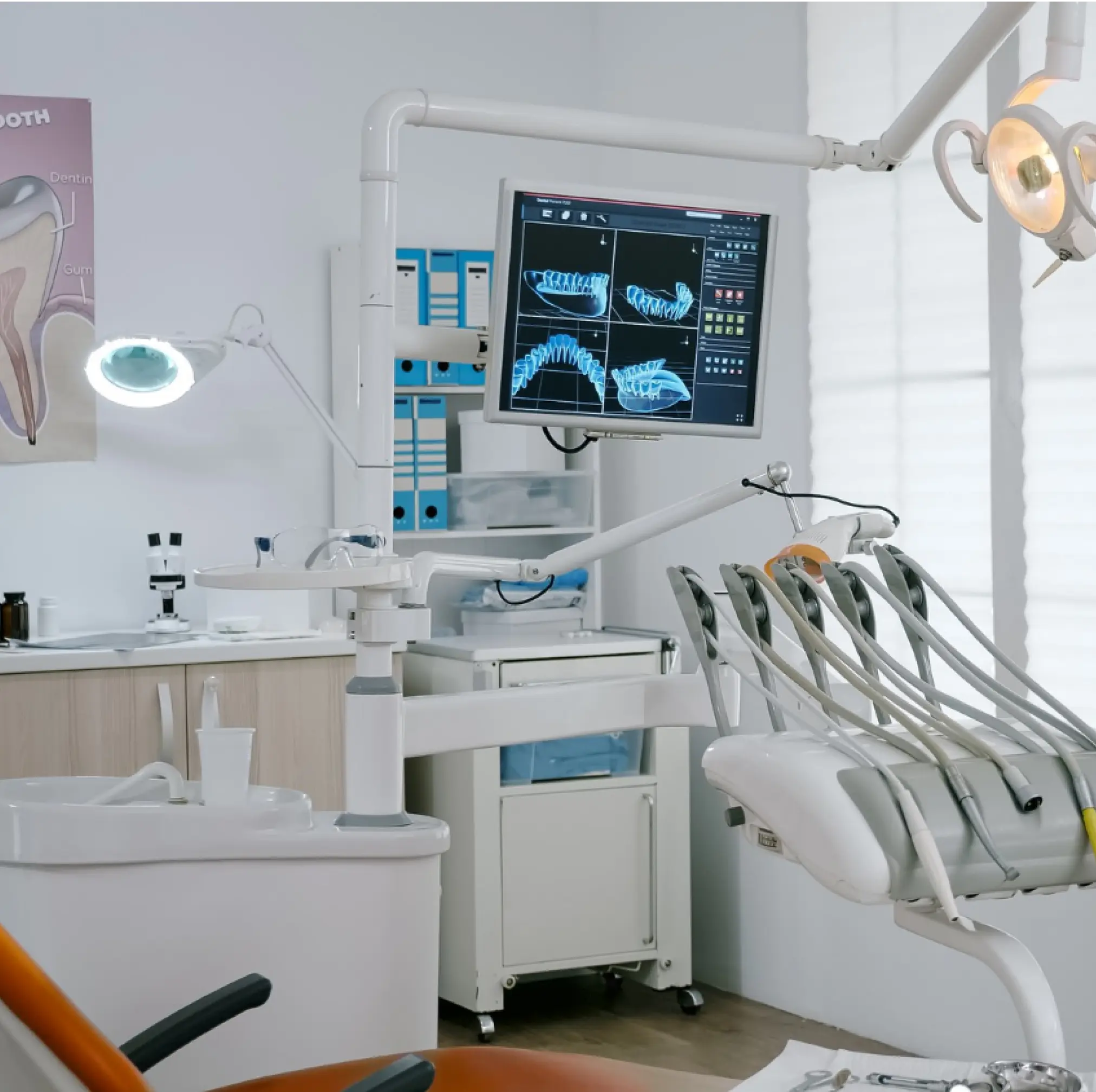
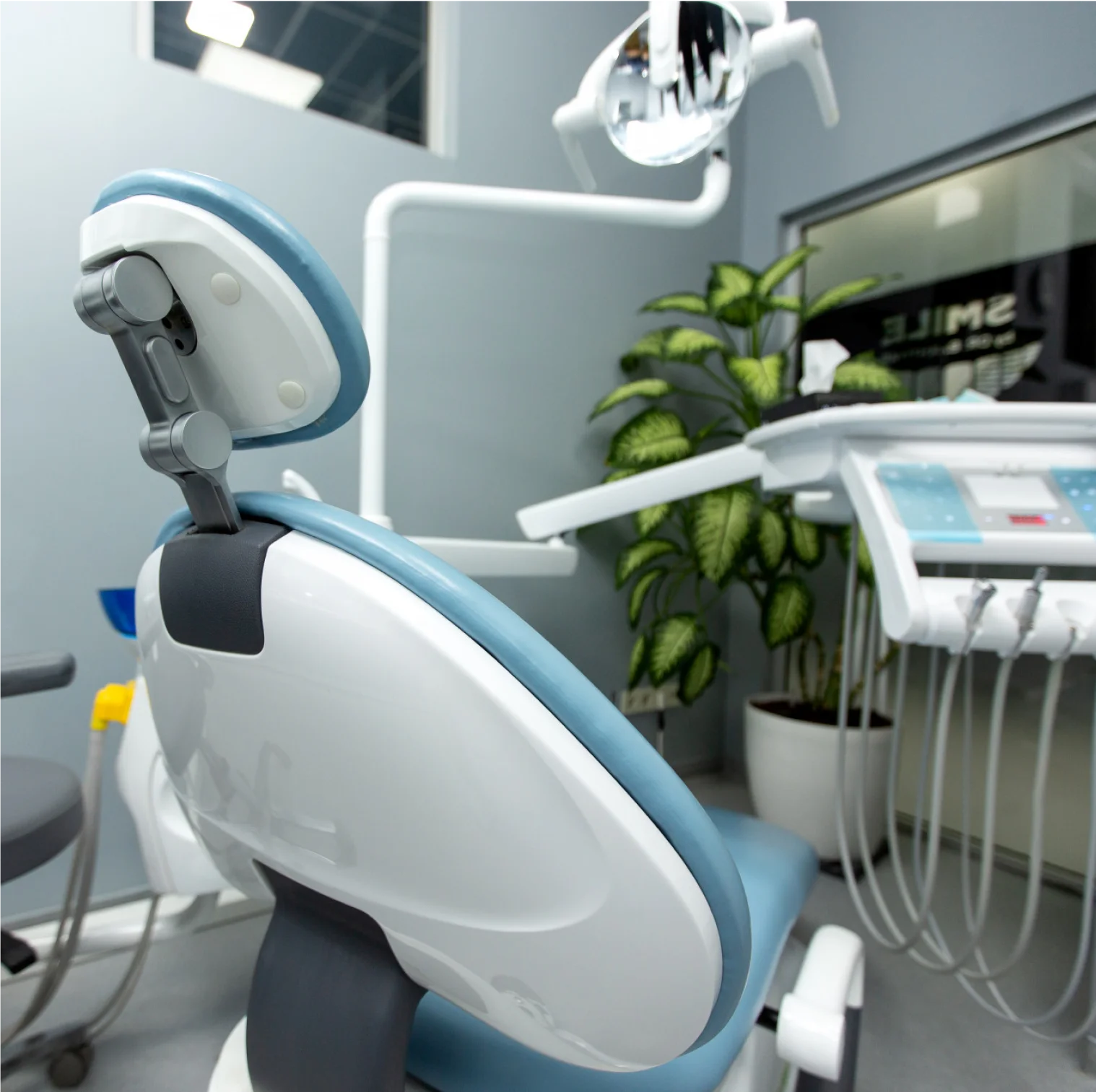
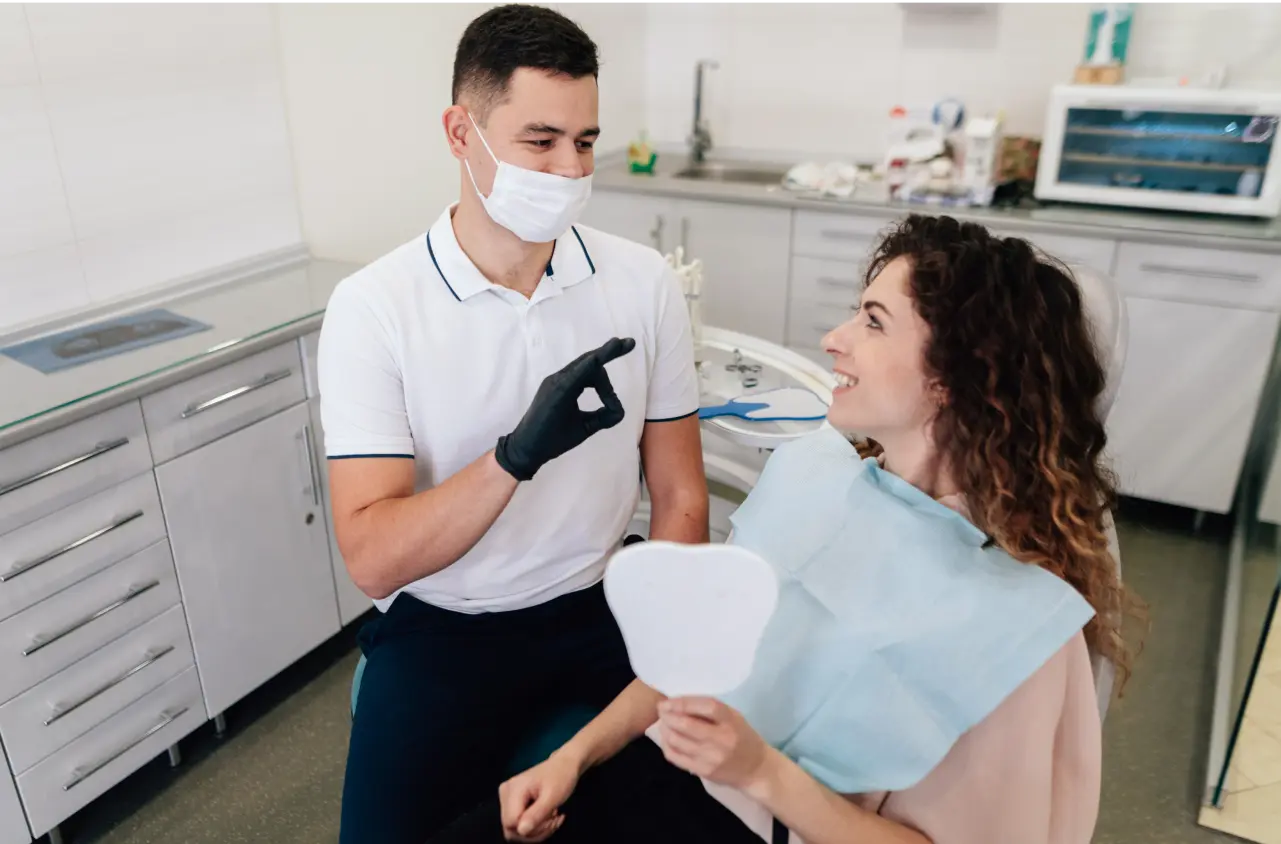
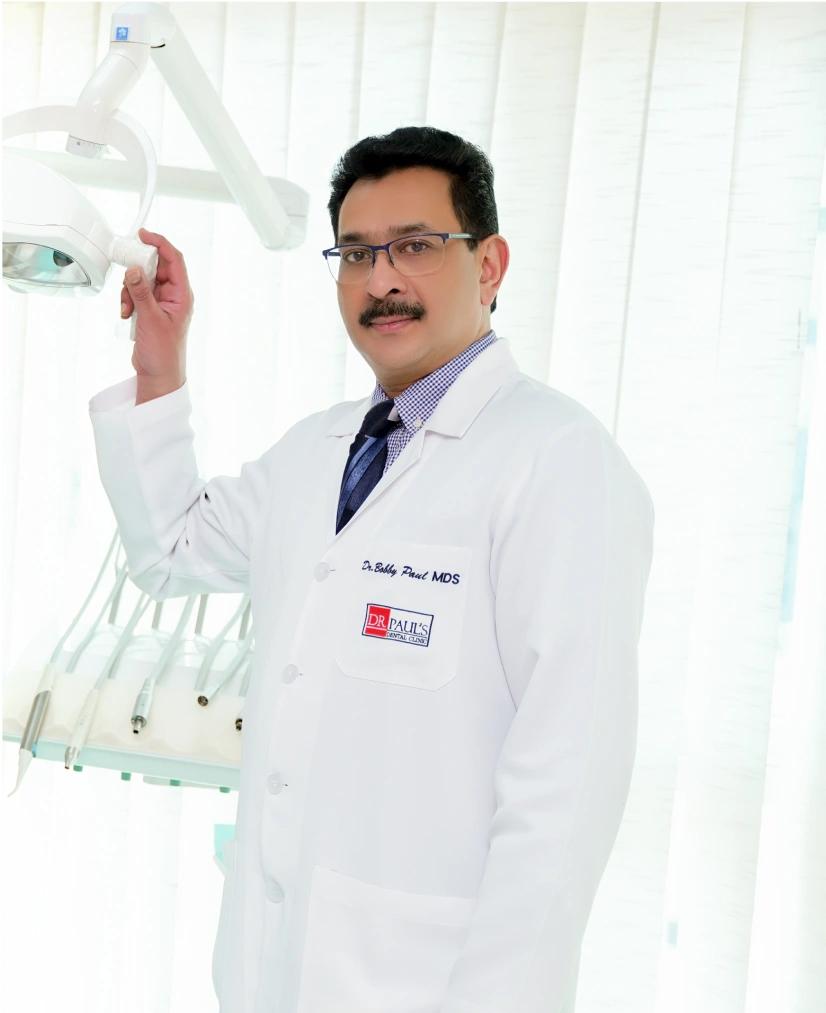 Dr. Bobby Paul - Pediatric Dentist
Dr. Bobby Paul - Pediatric Dentist 
